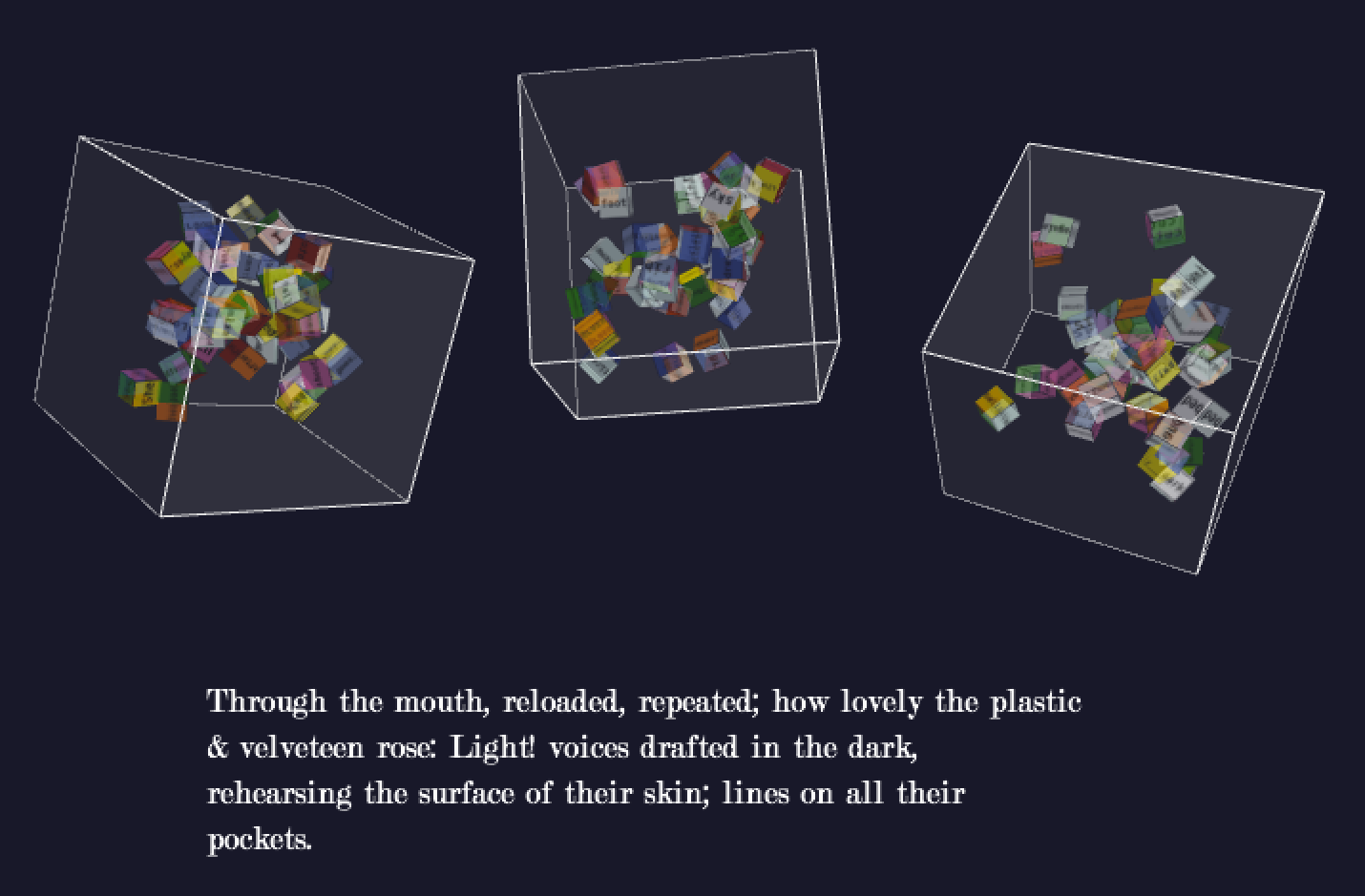The First Great Works of Digital Literature Are Already Being Written
Video games could be the greatest storytelling medium of our age – if only the worlds of art and technology would stop arguing and take notice.
Naomi Alderman | October 13, 2015
 |
| "Playing with Chance: On Random Generation in Playable Media and Electronic Literature" Source: http://www.digitalhumanities.org/dhq/vol/7/3/000165/000165.html |
Both these types of event have their aggravations. When digital people run workshops or colloquia or jams (there are infinite names for the basic principle of bringing people together in combination with coffee) about storytelling, they often seem not to notice that quite a lot of very clever people have been thinking very hard about stories for, oh, the past 3,000-4,000 years. I’ve heard people suggest that maybe stories have a “pattern” or “structural ordering” that holds together their parts, without apparently realising that a lot of people have written about this, from Aristotle on.
<more at http://www.theguardian.com/technology/2015/oct/13/video-games-digital-storytelling-naomi-alderman; related links: http://www.digitalhumanities.org/dhq/vol/7/3/000165/000165.html (Playing with Chance: On Random Generation in Playable Media and Electronic Literature. Robert Schoenbeck. Volume 7, Number 3 (2013), Digital Humanities Quarterly. [Abstract: Randomly generated content poses problems for theories of digital art: such content is resistant to structural theories, which can only provide templates, and one cannot assume a shared text for close analysis. Instead of reaching fixed endings, such works also tend to be of indefinite length or at least suggest indefinite possible combinations. I argue that the impact of such works can instead be found in how one attempts to work through their underlying grammar, based on limits in the algorithms that generate the content — not those limits themselves, but how their outlines come to be known. Repetitively iterating through these works simultaneously upholds the chance nature of the epiphenomenal occurrences while also illustrating the sameness of the underlying algorithm over time, creating a future-oriented interpretive arc. I examine two works that play off of this technique in different ways: Nick Montfort’s Taroko Gorge, a poetry generator which uses random generation to distill the essence of its object’s possibility, and the action role-playing game Torchlight, which attempts to elevate chance beyond a mere gameplay mechanic and toward an ethic.]) and https://games.soe.ucsc.edu/five-elements-digital-literature (Five Elements of Digital Literature)>

No comments:
Post a Comment